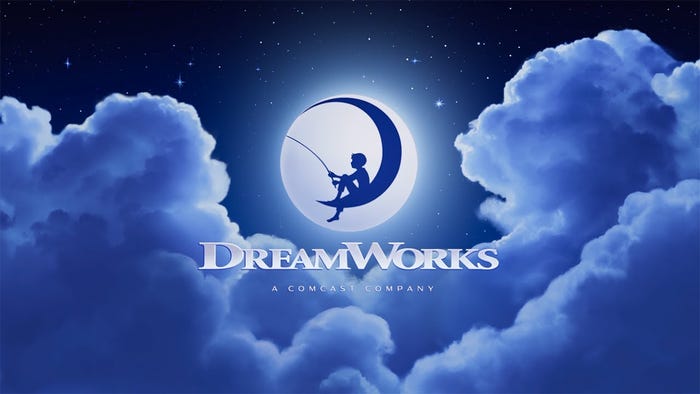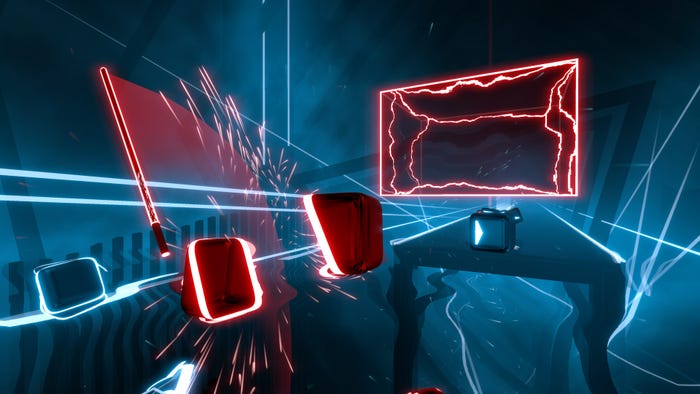Why you Should Keep all Game Ideas to Yourself
Why you need to be protective of your game ideas as a developer

Why You Should Never Tell Anyone Your Game Idea
We all have ideas and most of us will never see these come to fruition. I can’t tell you how many times I’ve thought about setting up my own unique online business or my own restaurant, getting very excited about the prospect and the promptly forgetting about it, giving up at the first sign of difficulty and moving onto something else.
But if you’re a game developer then it’s a different sorry. All good ideas can be implemented at some point or another and if you can’t do it yourself with the tools you have at your disposal, then you can sell the idea to someone else, incorporate it into a freelance project or use it to build a Kickstarter.
But if you do have these ideas you need to make sure you keep them to yourself, because copyright law may not be as protective of them as you think.
Idea Are Not Protected
If you create something in most countries then you’ve automatically copyrighted it. In some countries you can send off for an official copyright, but even if you don’t have his then the work is still yours providing you can prove that you created it.
This is fairly easy for most creative work. If it’s a game, a novel or a design project you should have files on your computer that show when it began, when it was modified, etc., Anyone who disputes this will have to prove the same and because your proof will date back further than theirs, you win.
Simple.
But it gets a lot more complicated if you have yet to flesh the idea out. If you write down the plot of a novel and post it on Facebook so your friends can applaud you, then you’re at risk of this being stolen and if it is, there’s nothing you can do. The same goes for a video game. It doesn’t matter if the idea is written down. If the game has not yet been created, then you have nothing and as far as official copyright law is concerned, you don’t have a leg to stand on.
This is why NDAs are very important when working with people you don’t know. If you’re hiring the services of a development team, then you need to make sure the idea is fully fleshed out and that you have an NDA. That way, if your idea is stolen by one of these developers then you still won’t have much of a leg to stand on copyright wise, but you can get them for a breach of contract.
You can also create partnership contracts to specifically stop them from branching out and creating that game. By creating a contract that says they can’t make a game in a similar genre as yours until they have finished on this project with you, then you stop them from going AWOL and trying to cash in on the idea themselves.
This is true for a lot of things, whether you’re writing an expose, creating a game, or designing an app, and while it may not seem like the most trusting thing to do, a professional business partner will understand the important of a contract.
My Own Experience
The reason I know about this is because I’ve had it happen to me. I’ve been involved with a few legal battles over the years and have had more business litigation issues than I would care to remember. But one of the things that has hurt me the most was when a former partner of mine took an idea we were going to work on together and secretly created it himself.
The idea was unique and highly profitable and it was all mine. But rather than stick to our plan of creating it together, he waited for me to further develop the idea and then took a few weeks off for what he said was a holiday. In that time he told me to send some more ideas to him through email and text, while he was apparently lounging on a beach in Greece, playing Heart bingo and enjoy the Mediterranean cuisine. He would come up with potential hurdles and I would describe ways of fixing them.
What I didn’t know is that he wasn’t on holiday but was at home and had contracted a team of developers to quickly put the idea together. The “potential problems” were real issues he had actually encountered and I stupidly told him how to fix them. I never suspected a thing because it wasn’t a project that got my full attention. When I stopped getting replies to texts and emails and he stopped answering my calls, I didn’t give it much thought, but a week later I learned he had hashed the idea together and sold it to a publisher.
A lot of work and money went into it after that initial idea, I understand that, but the point is that it was still my idea and one that I can now no longer do. Because the irony is that if I were to create the same game myself, I would be the one getting charged with copyright fraud, not him. An idea can’t be protected until it has been fleshed out.
So, if you think of something good, keep it to yourself and make sure you work on it as quickly as possible.
Read more about:
BlogsAbout the Author(s)
You May Also Like













